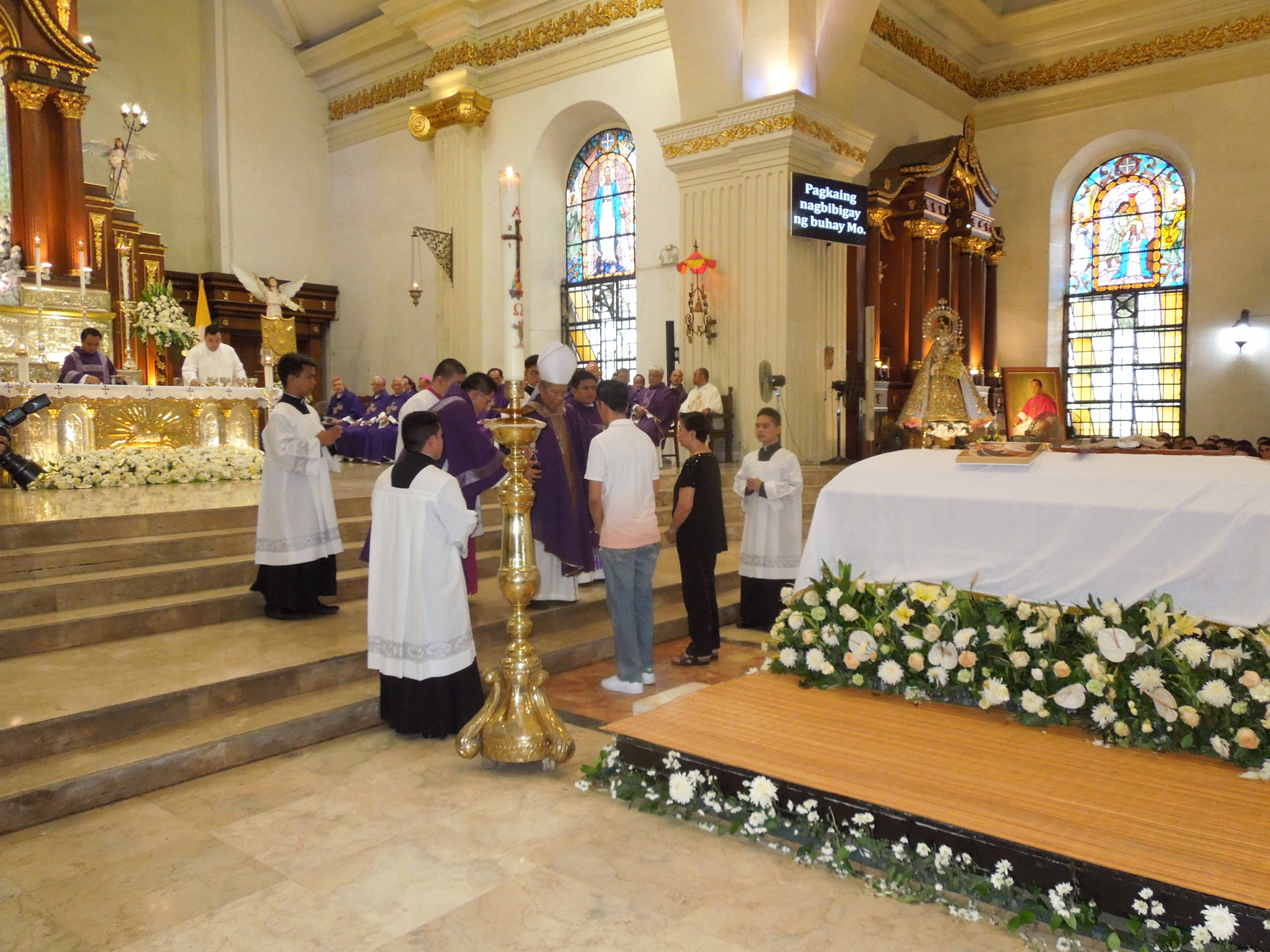|
Jan W. Morthenson
Jan Wilhelm Morthenson (born April 7, 1940) is a prominent Swedish composer, critic, and writer primarily known for his criticism of music in Sweden and his compositional styles of ''non-figurative music'', music that aimed to avoid any relationship to past compositional techniques, and ''meta-music'', which alluded to historical music genres in order to criticize them. Morthenson's success as a composer and intellect in Sweden is reflected by the influential positions he has held throughout his career. He was on the board for the Electronic Music Studio from 1973 to 1975, he acted as chairman of the Swedish section of the International Society for Contemporary Music (ICSM) from 1974 to 1975, he was vice-chairman of the ISCM council from 1975 to 1978, and he was also the chairman for Fylkingen, a Swedish chamber music society that focuses primarily on new music, from 1975 to 1976.Haglund 2001 Training Morthenson was born in Örnsköldsvik, Sweden in 1940 and began studying musi ... [...More Info...] [...Related Items...] OR: [Wikipedia] [Google] [Baidu] |
Örnsköldsvik
Örnsköldsvik (, ) is a locality and the seat of Örnsköldsvik Municipality in Västernorrland County, Sweden, with 32,953 inhabitants in 2017. Its natural harbour and archipelago is in the Gulf of Bothnia and the northern boundaries of the High Coast area. It is well known as an exporter of pulp and paper products and heavy machinery goods. It has a strong environmental record and is the "testbed" for ethanol-powered cars. History Traces of human activity in the Örnsköldvik area date back to the Nordic Bronze Age and there is a reconstructed Roman Iron Age village called Gene fornby that is a popular tourist attraction just outside the town. However, Örnsköldsvik itself is a relatively young city; it was founded as a ''köping'' (a Swedish market town) in 1842 and became a city in 1894. Its name originates with the surname of governor of Västernorrland County from 1762–9, Per Abraham Örnsköld, and means "Örnsköld's Bay". The surname ''Örnsköld'' literally me ... [...More Info...] [...Related Items...] OR: [Wikipedia] [Google] [Baidu] |
Church Music
Church music is Christian music written for performance in church, or any musical setting of ecclesiastical liturgy, or music set to words expressing propositions of a sacred nature, such as a hymn. History Early Christian music The only record of communal song in the Gospels is the last meeting of the disciples before the Crucifixion. Outside the Gospels, there is a reference to St. Paul encouraging the Ephesians and Colossians to use psalms, hymns and spiritual songs. Later, there is a reference in Pliny the Younger who writes to the emperor Trajan (61–113) asking for advice about how to prosecute the Christians in Bithynia, and describing their practice of gathering before sunrise and repeating antiphonally "a hymn to Christ, as to God". Antiphonal psalmody is the singing or musical playing of psalms by alternating groups of performers. The peculiar mirror structure of the Hebrew psalms makes it likely that the antiphonal method originated in the services of th ... [...More Info...] [...Related Items...] OR: [Wikipedia] [Google] [Baidu] |
Living People
Related categories * :Year of birth missing (living people) / :Year of birth unknown * :Date of birth missing (living people) / :Date of birth unknown * :Place of birth missing (living people) / :Place of birth unknown * :Year of death missing / :Year of death unknown * :Date of death missing / :Date of death unknown * :Place of death missing / :Place of death unknown * :Missing middle or first names See also * :Dead people * :Template:L, which generates this category or death years, and birth year and sort keys. : {{DEFAULTSORT:Living people 21st-century people People by status ... [...More Info...] [...Related Items...] OR: [Wikipedia] [Google] [Baidu] |
1940 Births
Year 194 ( CXCIV) was a common year starting on Tuesday (link will display the full calendar) of the Julian calendar. At the time, it was known as the Year of the Consulship of Septimius and Septimius (or, less frequently, year 947 ''Ab urbe condita''). The denomination 194 for this year has been used since the early medieval period, when the Anno Domini calendar era became the prevalent method in Europe for naming years. Events By place Roman Empire * Emperor Septimius Severus and Decimus Clodius Septimius Albinus Caesar become Roman Consuls. * Battle of Issus: Septimius Severus marches with his army (12 legions) to Cilicia, and defeats Pescennius Niger, Roman governor of Syria. Pescennius retreats to Antioch, and is executed by Severus' troops. * Septimius Severus besieges Byzantium (194–196); the city walls suffer extensive damage. Asia * Battle of Yan Province: Warlords Cao Cao and Lü Bu fight for control over Yan Province; the battle lasts for over 1 ... [...More Info...] [...Related Items...] OR: [Wikipedia] [Google] [Baidu] |
Swedish Music Critics
Swedish or ' may refer to: Anything from or related to Sweden, a country in Northern Europe. Or, specifically: * Swedish language, a North Germanic language spoken primarily in Sweden and Finland ** Swedish alphabet, the official alphabet used by the Swedish language * Swedish people or Swedes, persons with a Swedish ancestral or ethnic identity ** A national or citizen of Sweden, see demographics of Sweden ** Culture of Sweden * Swedish cuisine See also * * Swedish Church (other) * Swedish Institute (other) * Swedish invasion (other) * Swedish Open (other) {{disambig Language and nationality disambiguation pages ... [...More Info...] [...Related Items...] OR: [Wikipedia] [Google] [Baidu] |
Swedish Male Composers
Swedish or ' may refer to: Anything from or related to Sweden, a country in Northern Europe. Or, specifically: * Swedish language, a North Germanic language spoken primarily in Sweden and Finland ** Swedish alphabet, the official alphabet used by the Swedish language * Swedish people or Swedes Swedes ( sv, svenskar) are a North Germanic ethnic group native to the Nordic region, primarily their nation state of Sweden, who share a common ancestry, culture, history and language. They mostly inhabit Sweden and the other Nordic countr ..., persons with a Swedish ancestral or ethnic identity ** A national or citizen of Sweden, see demographics of Sweden ** Culture of Sweden * Swedish cuisine See also * * Swedish Church (other) * Swedish Institute (other) * Swedish invasion (other) * Swedish Open (other) {{disambig Language and nationality disambiguation pages ... [...More Info...] [...Related Items...] OR: [Wikipedia] [Google] [Baidu] |
Swedish Composers
Swedish or ' may refer to: Anything from or related to Sweden, a country in Northern Europe. Or, specifically: * Swedish language, a North Germanic language spoken primarily in Sweden and Finland ** Swedish alphabet, the official alphabet used by the Swedish language * Swedish people or Swedes Swedes ( sv, svenskar) are a North Germanic ethnic group native to the Nordic region, primarily their nation state of Sweden, who share a common ancestry, culture, history and language. They mostly inhabit Sweden and the other Nordic countr ..., persons with a Swedish ancestral or ethnic identity ** A national or citizen of Sweden, see demographics of Sweden ** Culture of Sweden * Swedish cuisine See also * * Swedish Church (other) * Swedish Institute (other) * Swedish invasion (other) * Swedish Open (other) {{disambig Language and nationality disambiguation pages ... [...More Info...] [...Related Items...] OR: [Wikipedia] [Google] [Baidu] |
21st-century Composers
The 1st century was the century spanning AD 1 ( I) through AD 100 ( C) according to the Julian calendar. It is often written as the or to distinguish it from the 1st century BC (or BCE) which preceded it. The 1st century is considered part of the Classical era, epoch, or historical period. The 1st century also saw the appearance of Christianity. During this period, Europe, North Africa and the Near East fell under increasing domination by the Roman Empire, which continued expanding, most notably conquering Britain under the emperor Claudius (AD 43). The reforms introduced by Augustus during his long reign stabilized the empire after the turmoil of the previous century's civil wars. Later in the century the Julio-Claudian dynasty, which had been founded by Augustus, came to an end with the suicide of Nero in AD 68. There followed the famous Year of Four Emperors, a brief period of civil war and instability, which was finally brought to an end by Vespasian, ninth Roman emperor, a ... [...More Info...] [...Related Items...] OR: [Wikipedia] [Google] [Baidu] |
Orchestral
An orchestra (; ) is a large instrumental ensemble typical of classical music, which combines instruments from different families. There are typically four main sections of instruments: * bowed string instruments, such as the violin, viola, cello, and double bass * woodwinds, such as the flute, oboe, clarinet, saxophone, and bassoon * Brass instruments, such as the horn, trumpet, trombone, cornet, and tuba * percussion instruments, such as the timpani, snare drum, bass drum, cymbals, triangle, tambourine, and mallet percussion instruments Other instruments such as the piano, harpsichord, and celesta may sometimes appear in a fifth keyboard section or may stand alone as soloist instruments, as may the concert harp and, for performances of some modern compositions, electronic instruments and guitars. A full-size Western orchestra may sometimes be called a or philharmonic orchestra (from Greek ''phil-'', "loving", and "harmony"). The actual number of mu ... [...More Info...] [...Related Items...] OR: [Wikipedia] [Google] [Baidu] |
Requiems
A Requiem or Requiem Mass, also known as Mass for the dead ( la, Missa pro defunctis) or Mass of the dead ( la, Missa defunctorum), is a Mass of the Catholic Church offered for the repose of the soul or souls of one or more deceased persons, using a particular form of the Roman Missal. It is usually celebrated in the context of a funeral (where in some countries it is often called a Funeral Mass). Musical settings of the propers of the Requiem Mass are also called Requiems, and the term has subsequently been applied to other musical compositions associated with death, dying, and mourning, even when they lack religious or liturgical relevance. The term is also used for similar ceremonies outside the Roman Catholic Church, especially in Western Rite Orthodox Christianity, the Anglo-Catholic tradition of Anglicanism, and in certain Lutheran churches. A comparable service, with a wholly different ritual form and texts, exists in the Eastern Orthodox and Eastern Catholic chur ... [...More Info...] [...Related Items...] OR: [Wikipedia] [Google] [Baidu] |
Avant-garde Music
Avant-garde music is music that is considered to be at the forefront of innovation in its field, with the term "avant-garde" implying a critique of existing aesthetic conventions, rejection of the status quo in favor of unique or original elements, and the idea of deliberately challenging or alienating audiences. Avant-garde music may be distinguished from experimental music by the way it adopts an extreme position within a certain tradition, whereas experimental music lies outside tradition. Distinctions Avant-garde music may be distinguished from experimental music by the way it adopts an extreme position within a certain tradition, whereas experimental music lies outside tradition. In a historical sense, some musicologists use the term "avant-garde music" for the radical compositions that succeeded the death of Anton Webern in 1945, Paul Du Noyer (ed.), "Contemporary", in the ''Illustrated Encyclopedia of Music: From Rock, Pop, Jazz, Blues and Hip Hop to Classical, Folk, ... [...More Info...] [...Related Items...] OR: [Wikipedia] [Google] [Baidu] |



.jpg)
